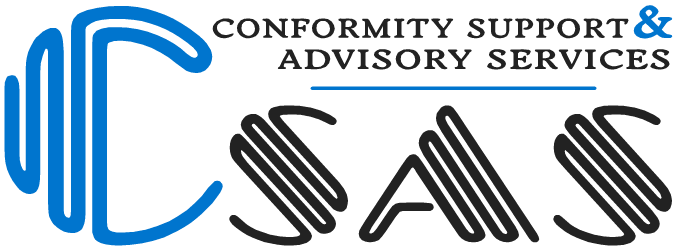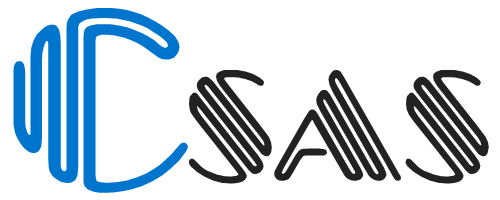Introduction
Halal is a very unique and specialized concept. Halal is an Arabic word that translates to “lawful or permissible”. It does not encompass only food or non-food items but in all aspects of daily life. While Halal food is often associated with meat products, although it is obligatory for Muslims to ensure that all types of food, including processed foods as well as non-food products like Pharmaceuticals, Cosmetics, Personal Care, Edible Gelatin, Textile and Tourism shall meet Halal requirements.
The term opposite to Halal is Haram, which designates what is unlawful or forbidden according to the Holy Quran. Muslims are obligated to use Halal products and avoid Haram products. These terms have significant religious and ethical consequences in Islamic teachings.
Multiple Halal Standards in the World
The main objective of Muslims Worldwide is to obtain Halal Certified products. With the advancement of technology and increased awareness about Halal processes and the presence of non-Halal ingredients in Halal food products, efforts have been made globally to establish an attested system that aligns with Socio-Cultural Aspects, Geographical Regions and applicable food regulations.
However, the lack of recognized infrastructure and immediate need have led to the emergence of multiple Halal standards Worldwide. This has caused confusion, especially for producers in non-Muslim countries who seek to certify their products for export to Islamic countries. Initially, individual countries such as Malaysia, Indonesia and Pakistan attempted to develop their own Halal Standards for Certification and Accreditation systems, followed by Regional and International efforts led by organizations like the Organization of Islamic Cooperation (OIC) and the Gulf Region to establish a harmonized system of Halal Certification, Accreditation and Multilateral Recognition Arrangement (MLA) for the recognition of all efforts.
Use of Single or Multiple Halal Standards
CSAS possesses the capability to provide guidance and support in the development of systems that can be customized to individual standard or integrated approaches to accommodate diverse requirements as needed. The adoption of reputable Halal standards is essential for organizations engaged in Halal Certification to achieve dependable outcomes of relevant accreditation and adherence to Shariah principles.
Scope of Halal Certification Bodies
Halal Certification Bodies can certify Halal Products, Services and Processes as Third-Party Conformity Assessment Bodies and provide confidence to all interested parties that they meet the specified requirements of relevant Halal standards.
Types of Halal Certification Schemes
Halal Certification Schemes serve as a mechanism to ensure compliance with specific requirements outlined in relevant standards and normative documents for Products, Processes or Services as per International Practices. These schemes may be developed and vary in their approach, where some involve initial testing, inspection and audit of clients' quality management systems. Some schemes include surveillance activities that consider the quality management system, testing and inspection of samples from production and the open market. Other schemes rely solely on initial testing and surveillance testing, while some focus on type testing exclusively.
CSAS holds the necessary expertise to assist in the identification and development of suitable Halal Certification Schemes that align with international practices. These schemes are specifically crafted to ensure compliance with Shariah requirements, utilizing various activities such as testing, inspection and auditing, as deemed applicable based on the nature of the certification process.
Training and System Development
CSAS is equipped with teams of highly qualified professionals, competent Trainers, experienced Assessors and Shariah Advisors who have extensive expertise in collaborating with various Halal Certification Bodies and Halal Accreditation Bodies. They are capable of efficiently completing your projects within a competitive budget and minimal time frame.
Additionally, CSAS can provide assistance in developing a comprehensive Halal management system and schemes that will enable you to achieve recognition and elevate your business in a highly competitive global market.
Timeframe for System Development
CSAS provides assistance in preparing systems for relevant Halal Standards and scheme for operation and accreditation within a timeframe of 1.5 months. Utilizing modern techniques, CSAS focuses on enhancing the capabilities of technical, shariah and support teams through training and the development or updating of system documentation to align with relevant requirements, schemes and OIC-SMIIC, IHAF, Jakim, MUI Guidelines and more. CSAS firmly believes that the implementation of Halal product certification system can significantly benefit organizations by improving performance and reducing day-to-day challenges.
Budget
The development of Halal Management System for operation and to get accreditation does not inherently require substantial costs. The financial considerations are contingent on various factors, including the location of the Certification Body, its size, the number of schemes and the scope. It is noteworthy that having well-established policies, procedures, schemes, equipment and software in place can effectively contribute to minimizing the budget needed for accreditation purposes.
How CSAS can Help
CSAS emphasizes its ability to assist in developing an effective system for Halal Certification Body and to get accreditation without causing unnecessary disruption or introducing unwanted changes that could impact regular operations. CSAS aims to implement the necessary improvements in a seamless and transferable manner, ensuring a smooth transition. CSAS prioritize adherence to best Islamic practices and standards.
We strongly believe in doing the right things in the right way.
CSAS also offers wide-range of online services.

